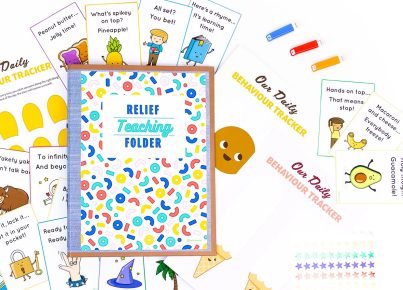Introduction
Mistakes happen to everyone, including teachers. However, when it comes to the classroom, an embarrassing teacher mistake can feel amplified and distressing. It’s important to remember that recovering from embarrassing moments is a part of personal and professional growth. This guide will help you navigate the process of recovering from those awkward situations and emerge as a stronger educator.
1. Own Your Mistake
The first step in recovering from an embarrassing teacher mistake is to own it. Be honest with yourself and the class about the error that occurred. By acknowledging your mistake upfront, you’re demonstrating humility and self-awareness—two qualities that resonate well with students.
2. Apologize Appropriately
If your mistake impacted the students or disrupted the learning environment, take responsibility and apologize genuinely. Make sure your apology is sincere and specific, addressing what exactly went wrong.
3. Keep a Sense of Humor
When appropriate, use humor to diffuse tension after an embarrassing mistake. Laughing at yourself can help lighten the mood and show students that mistakes are a common part of life.
4. Address Any Misconceptions or Misinformation
If your mistake involved misinformation or confusion over a topic, take the time to correct the error clearly and concisely. Make sure you explain the accurate information in detail so students understand what should have been communicated initially.
5. Reflect on Your Actions
Take some time to reflect on your embarrassing experience—both how it happened and how you reacted afterward. Identifying why it occurred can help prevent similar mistakes in the future, while assessing your response helps polish your recovery skills.
6. Focus on Growth
Rather than dwelling on the embarrassment, use it as an opportunity for personal growth. Identify any lessons or skills you can develop based on this experience, whether it be organization, preparation, or interpersonal communication.
7. Seek Support From Colleagues
Talking with colleagues who have experienced similar incidents can be beneficial in terms of both emotional support and practical advice. They may offer tips on how they’ve overcome embarrassing situations or suggest steps to prevent such mistakes from happening again.
8. Remember the Value of Empathy
Finally, remind yourself that everyone makes mistakes, including your students. In fact, as you bounce back from an embarrassing moment, you’re modeling resilience for them. Prompt them to think about their mistakes and setbacks, and discuss how they can apply the same principles of recovery in their lives.
Conclusion
Embarrassing teacher mistakes will happen occasionally, but they don’t have to define your career or severely impact your confidence. It’s important to recognize that recovery is a continuous process, requiring self-awareness and dedication to improvement. By owning up to your errors, learning from them, and demonstrating resilience, you can transform an embarrassing mistake into a valuable teaching moment.





